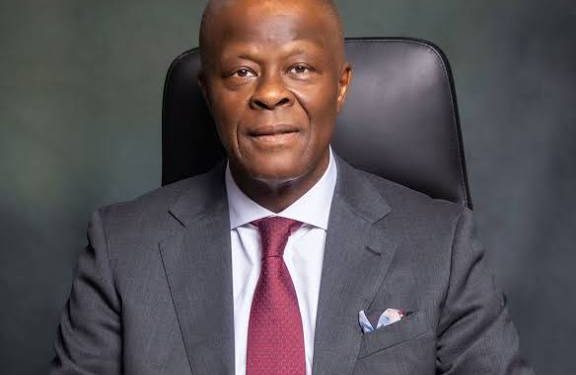The Federal Ministry of Finance has dismissed reports suggesting that the Federal Government has halted the practice allowing key revenue agencies to deduct their cost of collection at source. The Ministry described such claims as inaccurate and misleading, stressing that no policy change has been implemented.
In a statement issued late Friday by the Ministry’s Director of Information and Public Relations, it was clarified that agencies such as the Federal Inland Revenue Service (FIRS), the Nigeria Customs Service (NCS), and the Nigerian Upstream Petroleum Regulatory Commission (NUPRC) will continue to operate under existing arrangements. These agencies are currently permitted to retain a percentage of revenue they generate such as taxes, duties, and royalties to fund their operations before remitting the remainder to the Federation Account.
According to the statement, the Minister of Finance and Coordinating Minister of the Economy, Wale Edun, did not announce any policy change during his remarks at the Nigeria Development Update event hosted by the World Bank. The Ministry emphasised that although discussions are ongoing about reviewing the cost-of-collection framework in line with President Bola Tinubu’s directive to improve transparency and efficiency, no final decision has been reached.
These discussions form part of a broader effort to reform public financial management, ensuring value-for-money and improved accountability. Any adjustment, the Ministry noted, will follow due process, stakeholder consultation, and formal communication.
The Finance Ministry also urged media outlets to verify information through official channels to avoid creating confusion among citizens and businesses.
For small and medium-sized enterprises, particularly those dependent on customs processes, tax reforms, and regulatory approvals, stability in agencies like FIRS and Customs is critical. Any change in cost-of-collection policy could potentially affect how efficiently these agencies operate, influencing issues such as tax administration, clearance timelines, and service delivery. The clarification from the government provides reassurance that no immediate disruption is expected in these services.
Earlier reports had claimed the government was ending the longstanding practice that allowed revenue-generating agencies to retain operational funds before remittance, allegedly to increase federal allocations. These reports attributed the claim to the Finance Minister. The Ministry has now firmly denied this.
In August, President Tinubu had ordered a review of deductions and revenue retention practices as part of broader fiscal reforms aimed at increasing public savings, improving spending efficiency, and unlocking resources for national growth. That review is ongoing, but no implementation has begun.
For now, Nigeria’s revenue agencies will continue their current operational funding arrangement pending the outcome of formal policy review.










